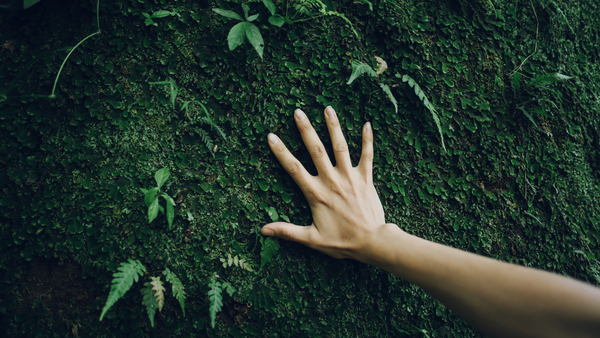LWG Lifecycle Assessment (LCA)
Understanding the impact of leather made in LWG-certified facilities
In November 2021, LWG launched the largest ever lifecycle assessment (LCA) project for the leather industry, designed to investigate the environmental impact of leather made in LWG-certified facilities.
We are working with Milan-based sustainability consultancy Spin360 to deliver on this ambitious project, to help brands and retailers make science-based sourcing decisions and progress towards their supply chain sustainability goals. This will further empower brands to understand the full impact of their products and even communicate more clearly to consumers.
Our LCA study will collect and analyze data from at least 40 leather manufacturers based in various regions across the globe — making it the largest ever LCA conducted for the leather industry. By maximizing and diversifying the data collected, the study will aim to include a wide representation of leather made in LWG-certified facilities.
Phase 1: Scope Definition & Tannery Engagement
In the first phase, we defined the study’s goal and scope, considering factors such as geographical origin, animal type, tanning technologies and the industries served (footwear, apparel, upholstery, etc.).
Phase 2: Data Collection
From April 2022, we begin the data collection phase of the LCA study. This will draw on information about the raw material, energy usage, chemicals, water consumption, water and air emissions, and waste management.
Phase 3: Data Analysis
Once all data has been collected, Spin360 will aggregate all data, conduct thorough data analysis and produce an impact indicators report.
Phase 4: Reporting Results
The results of the LCA study will then be communicated to our membership, and data submitted to Higg for inclusion into the Higg Material Sustainability Index (MSI).
Find out more
To be the first to hear about the publication of the LWG LCA report, subscribe to our newsletter.

